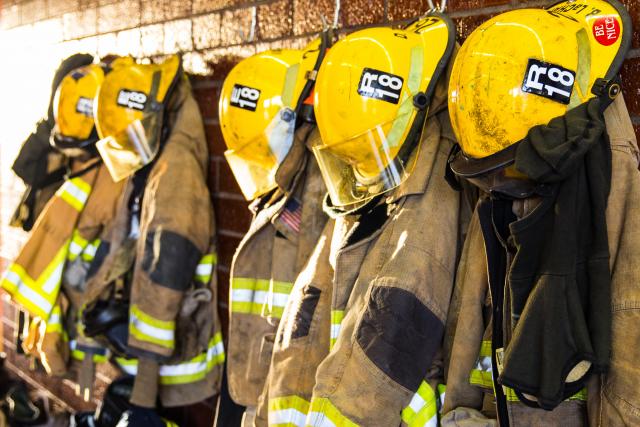
Data collection after a fire is helping scientists to better understand fire behaviour and better prepare for future fires.
A project called the Suppression Effectiveness Project takes data from previous fires and Country Fire Authority’s (CFA) Incident Management System.
The scientists look at how weather, terrain and environment in addition to crew decisions played a part in the suppression of the fire.
CFA lead data Scientist Kristy Butler said the project’s long-term goal is to build an evidence base for future firefighting tactics.
“The idea is that in the short term, through doing these fire reconstructions, we’re able to go back to the crews that gave us information and show them what we found in terms of effectiveness of different strategies and tactics,” she said.
“They can use that to think about the decisions they made.
“In the longer term, it’s about building an evidence base to enable us to make better decisions for example through investment decisions, but also things like training and strategies.”
The Suppression Effectiveness Project is a key project investigating how the CFA can improve its services and operations, and is just one form of scientific research CFA undertakes.
“In the longer term, it’s also contributing to CFA being a more progressive emergency services organisation where we’re looking at how we can kind of understand the best decisions that we can make through collecting data and information,” Ms Butler said.
“When we fight fires, we’re always going to have a finite number of resources available to us.
“As the climate changes and we have a changing and dynamic risk environment, it’s really important that we have the information we need to make the best decisions about how to use our resources effectively.
“Data is a really powerful tool in this project, collecting data and using data in better ways to help us make the best decisions, for people’s safety and also for the safety of the community.”







